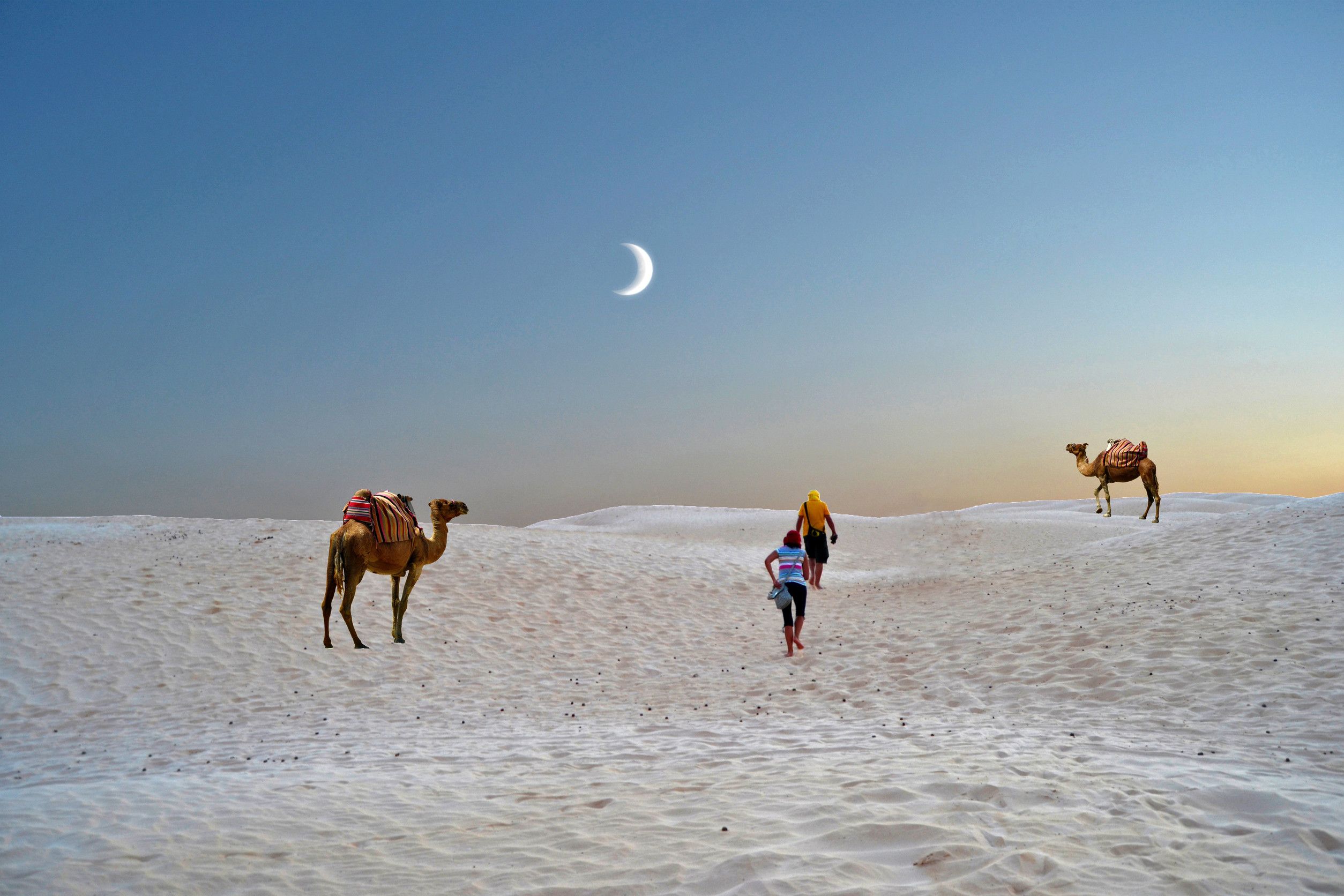
Visiting Tunisia can be an exciting and rewarding experience for tourists. However, like any other travel destination, there are a few key problems that tourists may encounter during their visit. Being aware of these challenges can help travelers better prepare and ensure a smooth and enjoyable trip.
While Arabic is the official language of Tunisia, French is widely spoken, especially in tourist areas. However, outside of those areas, English proficiency may be limited, which can pose communication challenges for some tourists.
Tunisia has experienced security concerns in the past, particularly in border regions and areas near the Libyan border. While security has improved in recent years, it's essential for tourists to stay informed about the current situation and follow any travel advisories issued by their respective governments.
Bargaining and haggling are common practices in Tunisia, particularly in markets and souks. However, tourists may find it challenging to navigate the process and avoid overpaying for goods and services. It's important to be assertive and negotiate to ensure fair prices.
Some tourists, particularly women, may face incidents of harassment in crowded areas or tourist hotspots. Unwanted attention, verbal harassment, or inappropriate behaviour can be distressing. Tourists should be aware of their surroundings, avoid isolated areas, and seek assistance from authorities if needed.
Public transportation in Tunisia, particularly outside major cities, may not be as reliable or efficient compared to other countries. Trains and buses can experience delays or overcrowding. It's advisable to plan travel routes in advance and consider private transportation options or organised tours for convenience.
Tunisia is a Muslim-majority country with conservative cultural practices. It's important for tourists to respect local customs, dress modestly, and be mindful of religious sensitivities. This includes being aware of appropriate behavior and dress codes when visiting religious sites or mosques.
In popular tourist areas, visitors may encounter persistent street vendors and touts trying to sell various goods or services. While some may offer legitimate products, others may engage in scams or sell counterfeit items. It's important to be cautious, use reputable vendors, and be firm in declining unwanted offers.
Some historical sites or attractions in Tunisia may have limited accessibility for individuals with mobility issues. Uneven terrain, lack of ramps, or narrow pathways can pose challenges for those with disabilities or mobility aids. It's advisable to research accessibility options in advance and plan accordingly.
Tunisia is generally safe for tourists. However, like any travel destination, there is always a risk of crime and unrest. It's recommended to stay in tourist areas, be aware of your surroundings, and keep your valuables secure.
Travelers should be aware of the risk of food and water-borne diseases like Hepatitis A and Typhoid. It is recommended to only drink bottled or purified water and to be careful with street food. There may also be a risk of mosquito-borne diseases like Zika, Dengue, or Malaria, depending on the time of year and area of travel.
The visa requirement depends on your nationality. Many nationalities, including those from the EU, US, Canada, and Australia, can visit Tunisia visa-free for up to 90 days. However, rules may have changed after my last update in September 2021, so it's best to check with your local Tunisian embassy or consulate.
Tunisia is a predominantly Muslim country, so it's important to respect the local culture and traditions. This might include dressing modestly (particularly for women) and being mindful of local customs, especially during the holy month of Ramadan.
Public transportation in Tunisia includes buses, trains, and taxis. While these are generally reliable, they may not meet the standards that some tourists are accustomed to. Buses and trains can be crowded, and taxis may attempt to overcharge tourists.
The official language in Tunisia is Arabic, and many people also speak French. However, English is becoming more widely spoken, particularly in tourist areas and among younger generations.
Infrastructure in Tunisia varies. In cities and tourist areas, you'll find good infrastructure with well-maintained roads, hotels, and other facilities. However, in more remote or rural areas, the infrastructure can be less developed.
As with many tourist destinations, travelers should be wary of common scams. These can include inflated taxi fares, fake tour guides, or merchants trying to overcharge for goods.

To help us improve